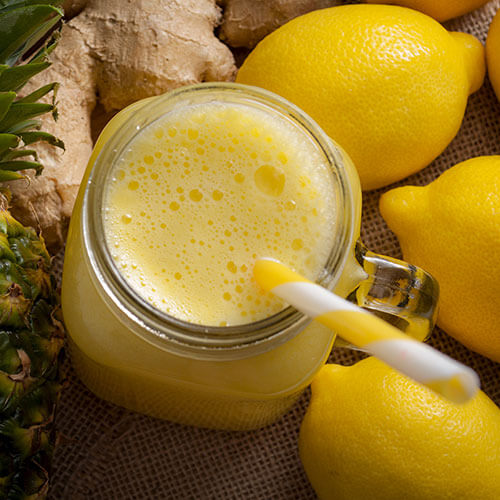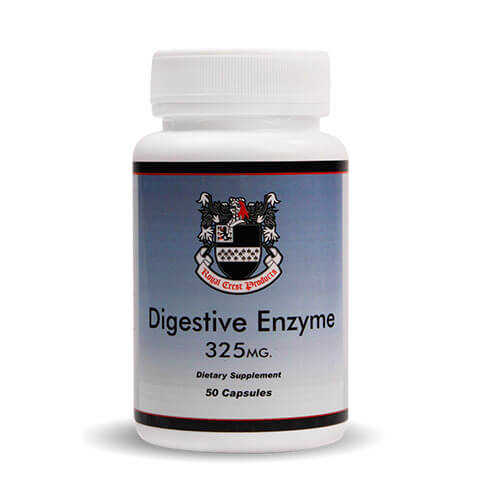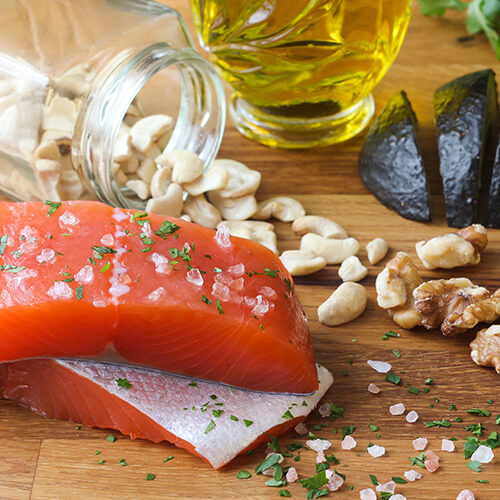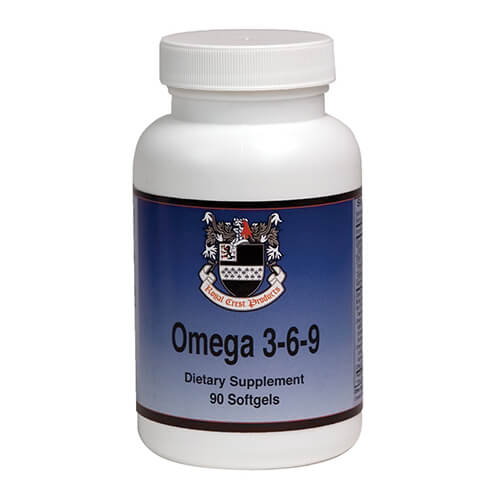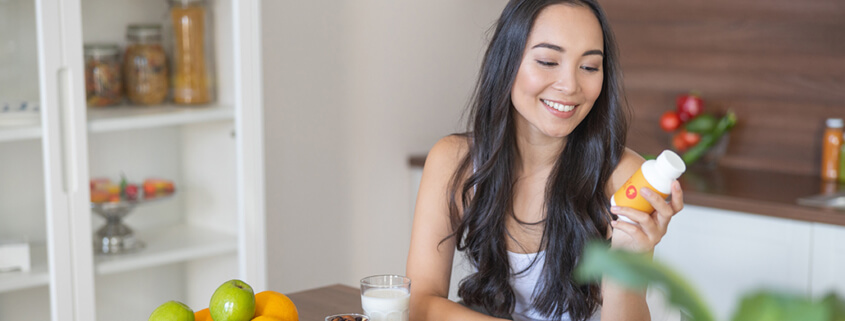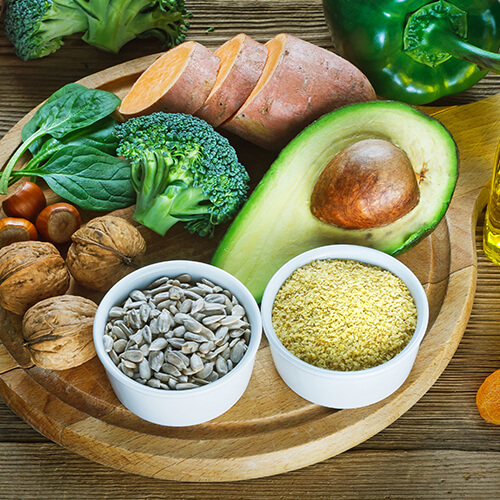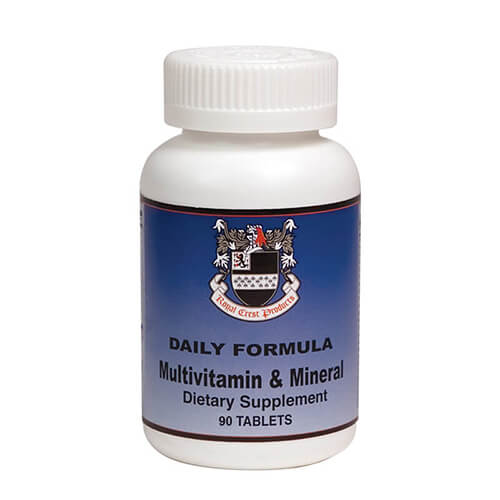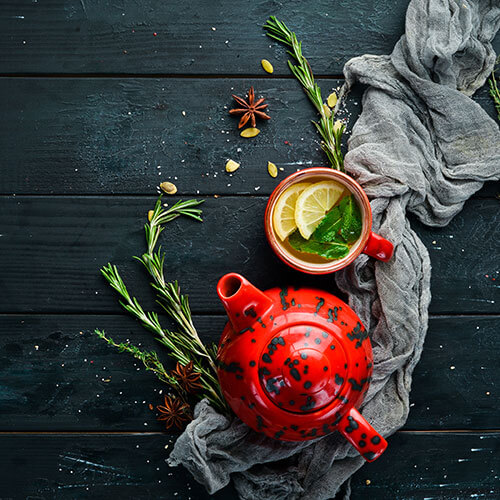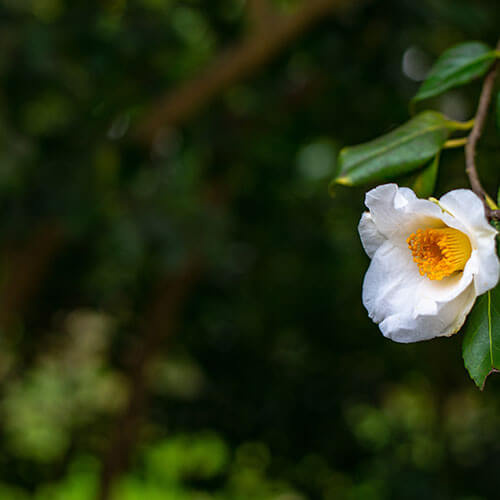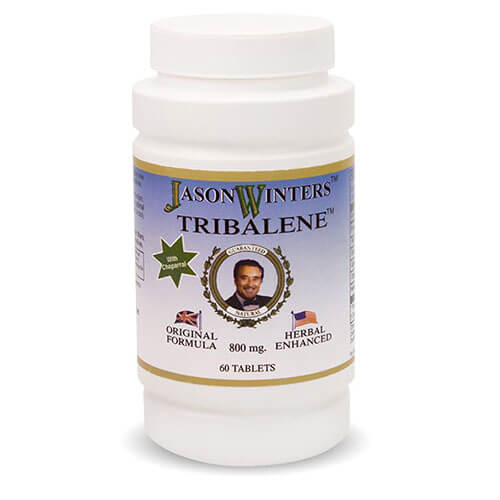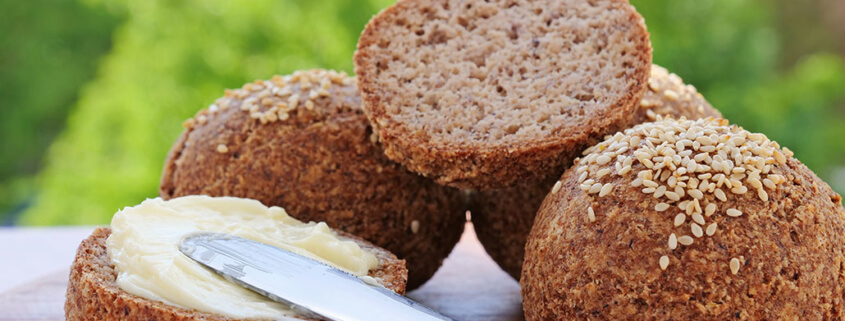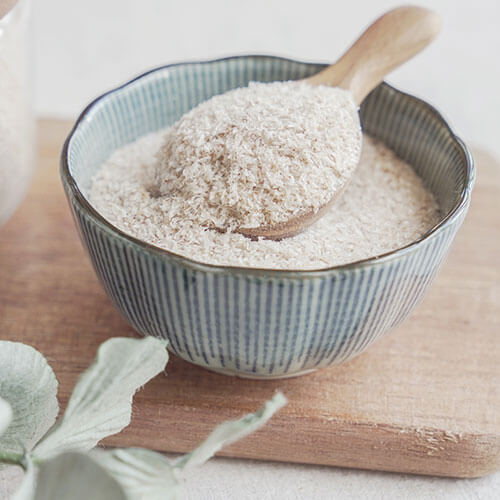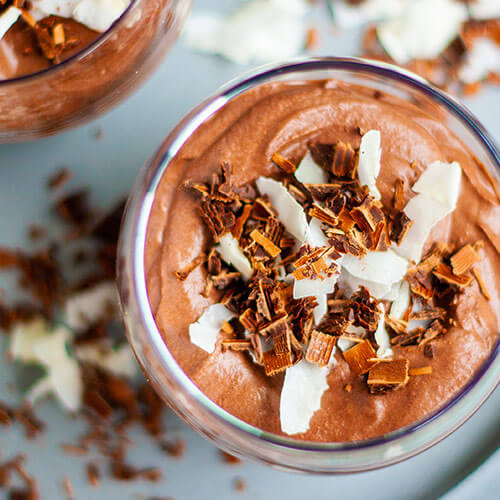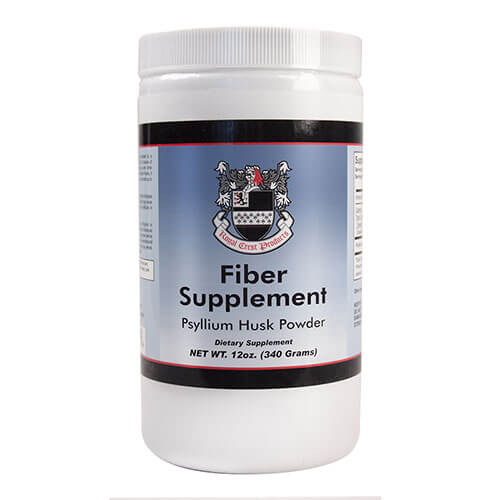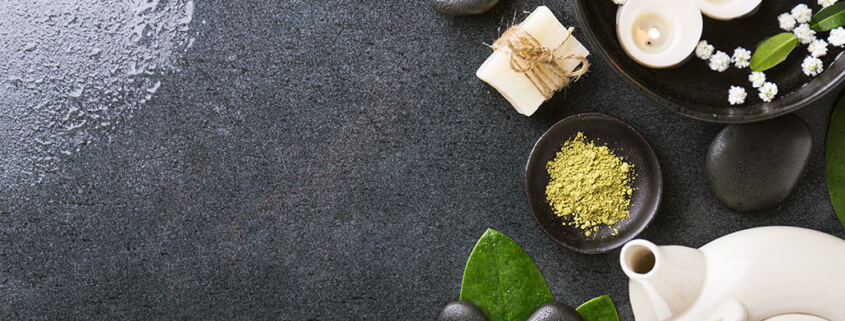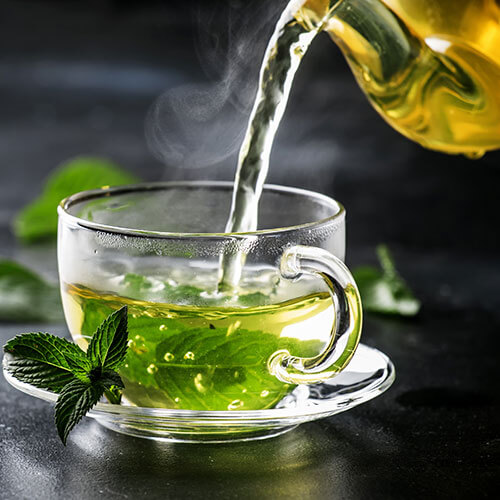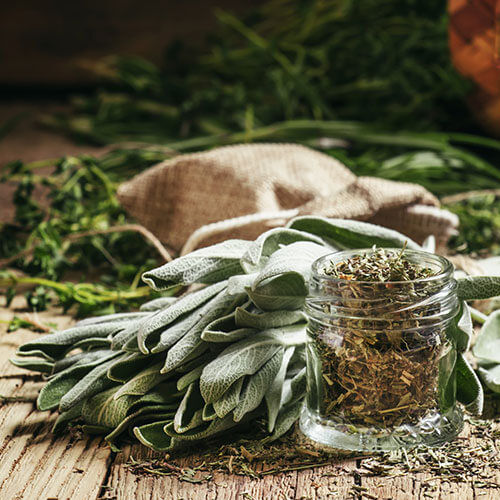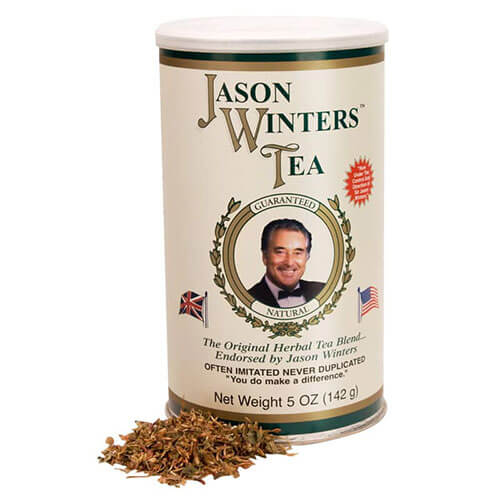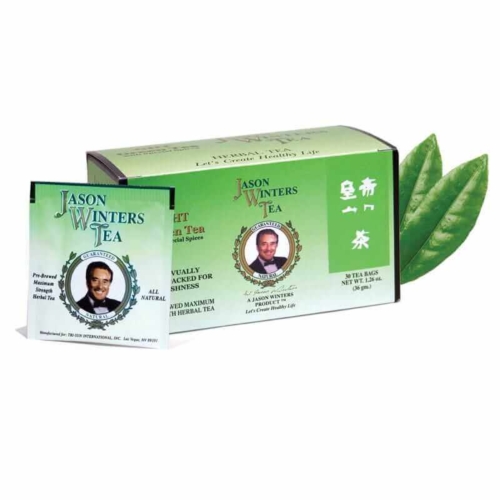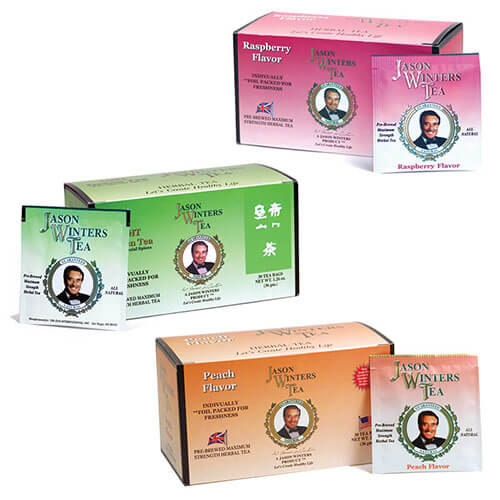The Health Benefits of Digestive Enzymes
When we sit down to enjoy a meal or a snack, chances are we aren’t thinking about how our body processes and uses that food.
So what happens to our food after we enjoy its taste, chew it up, and swallow it? What is the process that makes it all happen, and why could we need a supplement to make this process work better?
Our digestive system efficiently breaks down the food we eat at a molecular level to be used as nourishment for every cell in the body. Here is how our digestive system accomplishes this process and how we can help it do its job more efficiently and effectively.
The Process of Digestion
The digestion process starts when we put food into our mouths, chew it up, and swallow it. Our salivary glands secrete an enzyme called salivary amylase. This enzyme kicks off the digestion of starches and converts it into maltose that begins the breaking down of food into smaller molecules.
Once you swallow your food, it travels down the esophagus into your stomach, where there are gastric juices, including hydrochloric acid. These stomach acids and enzymes, chemicals that break things down, break foods down even more where they then travel to the small intestine.
Along with enzymes that our pancreas secretes into the small intestine, our food keeps broken down into smaller and smaller components that our cells can use.
What are Amylase, Protease, and Lipase?
Several digestive enzymes in our body sort out and convert our foods into the elements that our bodies need. Here is a breakdown of each:
- Amylase: This digestive enzyme in your gut breaks down the starches in food by interacting with the amylase enzymes that naturally occur in your salivary glands. Saliva helps to convert the starches into carbohydrates and turns them into maltose.Another type of amylase enzyme called pancreatic amylase is secreted from a duct in your pancreas and into your small intestine. While in the small intestine, the amylase converts the food molecules into glucose, a form of sugar your blood cells can use directly.We can also find this enzyme in certain foods. Some foods high in amylase include cauliflower, onions, celery, and turnips.
- Protease: These enzymes break down proteins and convert them into amino acids. The three most common protease enzymes are pepsin, chymotrypsin, and trypsin. The peptic acids that are within your stomach interact with these enzymes to further break down proteins.Foods that contain naturally occurring protease enzymes include pineapple, papaya, mangoes, bananas, whole grains, and honey.
- Lipase: The fats and oils are converted through the digestive enzyme lipase. The pancreas releases lipase into the small intestine to break down fats.The lipase enzyme and bile from your liver interact to convert the dietary fats into fatty globules, which are then converted into fatty acids and glycerol. These high-energy producing molecules are used throughout the body via the blood and the lymph nodes.Foods that contain lipase include avocados, beans, nuts such as almonds, cashews, chestnuts, sprouts, pumpkin seeds, and sunflower seeds,
There are other enzymes as well for specific kinds of food. One well-known one is lactase. Lactase breaks down the lactose in milk so our bodies can use it. If we do not make enough of this enzyme anymore, that’s how we get lactose intolerance.
In short, amylase, protease, and lipase are the three main digestive enzymes to help us digest the three macronutrients: carbohydrates, proteins, and fats.
Why would we need to supplement them?
Because our bodies seem to be great at performing the complex digestion process on its own, you may ask yourself why there is any need to take digestive enzyme supplements.
One of the main reasons for taking digestive enzymes in supplement form is modern diets. Processed foods can be harder to digest and don’t contain many nutritional benefits. Poor quality food can cause inflammation and end up taking its toll on the immune system, and eventually the digestive system and its enzymes.
If our bodies don’t get the proper nutrition from the foods we eat, it can lead to health concerns. By taking a digestive enzyme supplement with meals, you might ease conditions such as:
- Arthritis
- Constant Fatigue
- Food Allergies
- Crohn’s Disease
- Celiac Disease
- Ulcerative Colitis
- Irritable Bowel Syndrome
A digestive enzyme supplement can aid the body in breaking down the foods and protect the body from the kinds of malabsorption. Lactose intolerance is a type of malabsorption. It means there’s food that our bodies think it can take in, but cannot because it can’t break it down.
If enzymes cannot do their job right, our other organs may not be able to handle what slips through. This is the other side of malabsorption. We could take something in that isn’t fully broken down and our other organs can’t handle it.
For instance, digestive enzymes help the liver work more efficiently and stimulate the body’s immune system to reduce inflammation that can lead to arthritis and certain forms of cancer.
Our digestive enzyme supplement
Sir Jason Winters International is proud to offer our own brand of digestive enzymes in 325-milligram capsules. Our digestive enzymes are derived from both plant and animal sources. Each capsule contains the optimal dose of the digestive enzymes amylase, protease, and lipase to help your body during the digestive process.
The recommended adult dose for our digestive enzymes is 1 to 2 capsules taken shortly before each meal. It is not recommended to exceed six capsules per day.
Of course, before taking our digestive enzymes or any other type of supplement, we do recommend that you speak with your doctor or other health care professional first.
At this time, we are offering our Digestive Enzyme 325 milligram capsules in 50 count bottles, regularly priced at $10.50 each for just $6.25 per bottle. That is a savings of more than 40 percent per bottle!
We are offering our convenient subscription service for those who want to save an additional 5 percent on their supplement purchase. Sign up for regular delivery either once every two weeks or once a month and get our supplements delivered safe to your home or office. Because this is such a great savings, we are limiting the number of bottles to just 5 bottles per subscription.
If you’re still trying to determine which of our Sir Jason Winters products are right for you. We do offer our convenient eGit cards. The cards are available for any denomination and never expire. Simply contact us with the recipient’s email and your payment information, and we’ll do the rest!
Give the gift of good health to yourself or someone you love with Sir Jason Winters products today!
Resources
“Prescription for Nutritional Healing: A Practical Reference for Drug-Free Remedies” by Phyllis A. Balch, 2010, Avery Publishing, New York, NY
“Earl Mindell’s New Vitamin Bible” by Earl Mindell and Hester Mundis.2011, Grand Central Life & Style, New Yor, NY.
“Healthy Healing” (14th Edition) by Linda Page and Sara Abernathy, 2011, Healthy Healing Press, New York, NY


